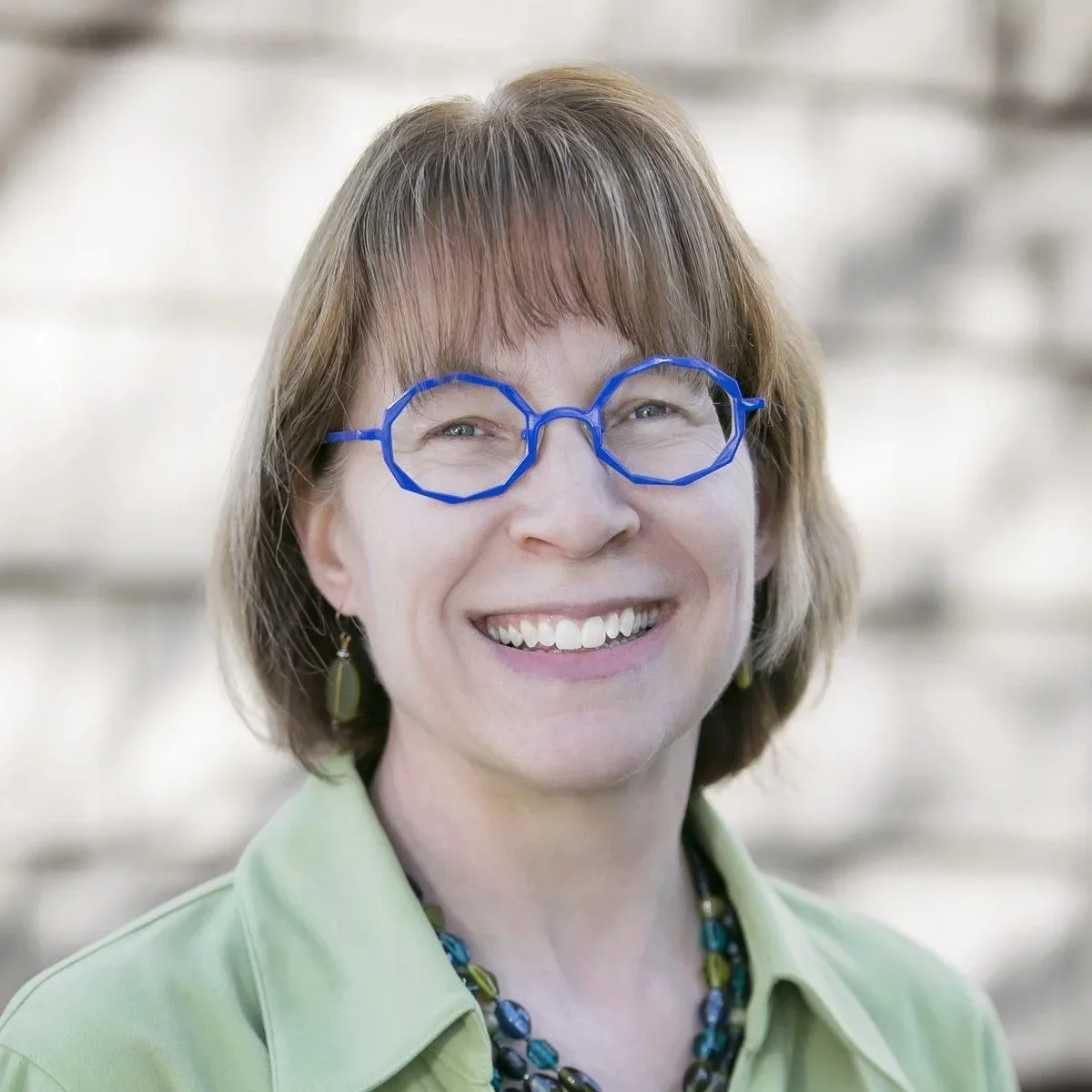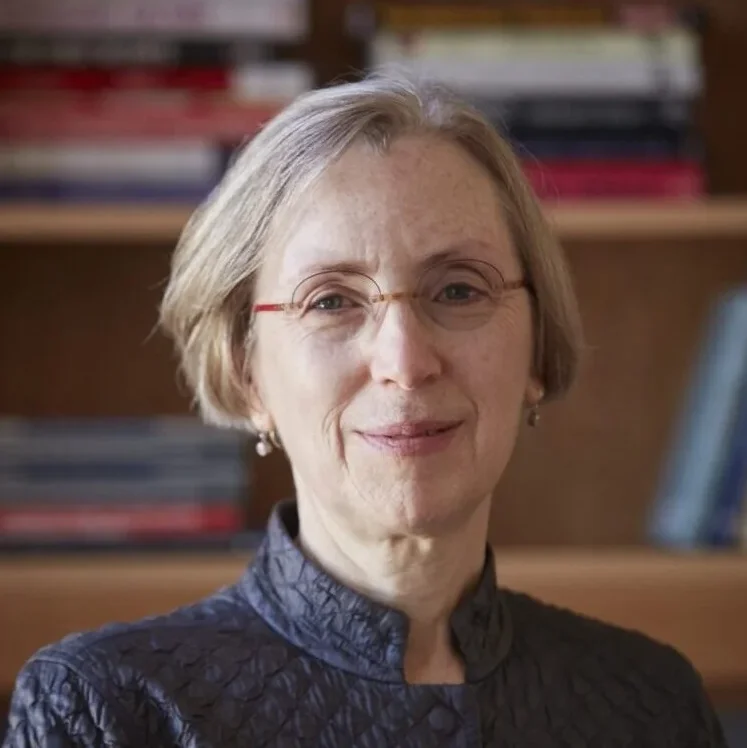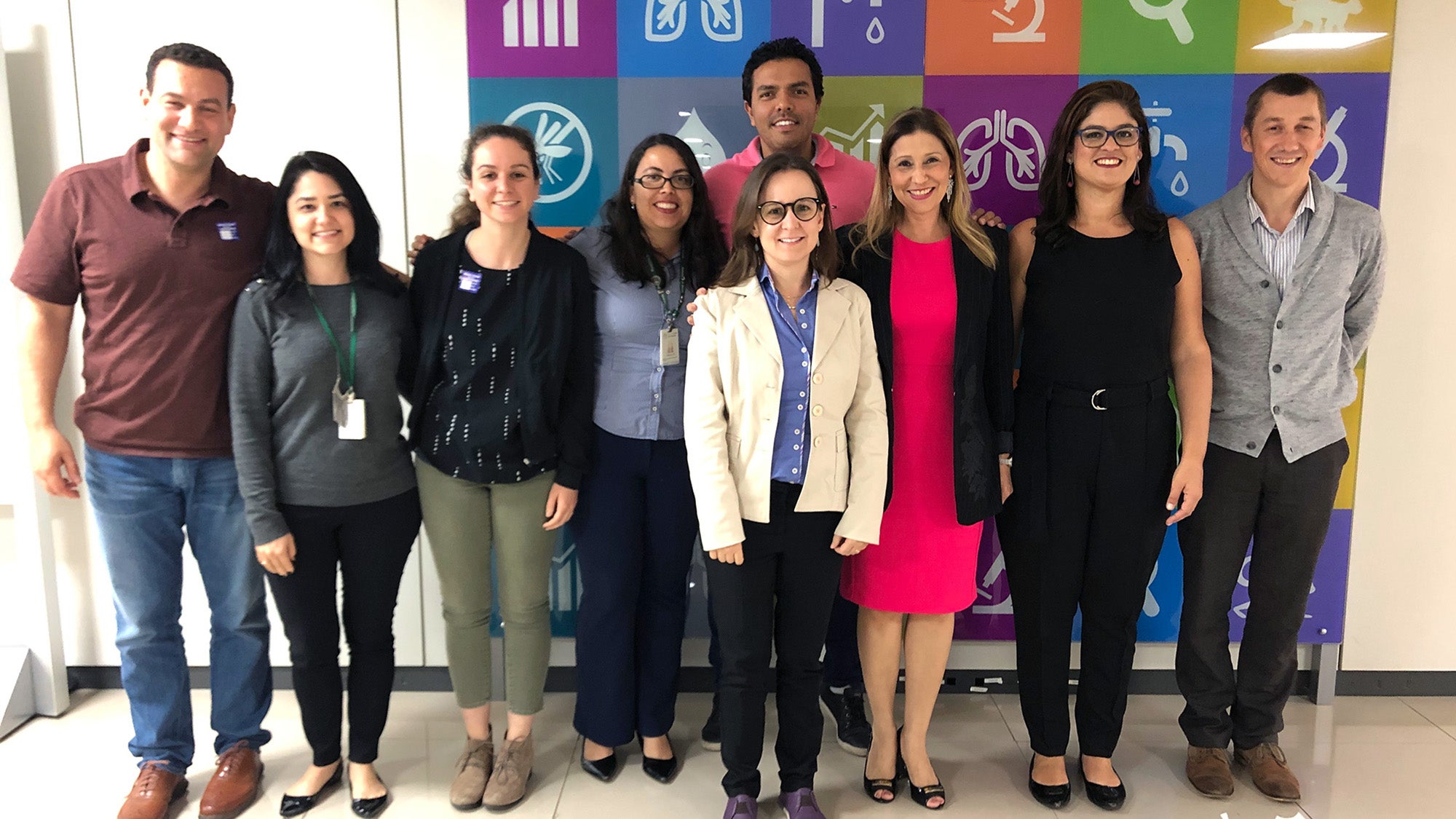Department of Social and Behavioral Sciences
Our mission is to understand and intervene on the social determinants of health and health equity across the life-course.
677 Huntington Avenue, Kresge Building
Boston, MA 02115
Who We Are
Our diverse faculty are leading experts in the study of social epidemiology, interventions, implementation science, and maternal and child health.
Members of our department develop and evaluate programs and policies that lead to the improvement of population health.
Students learn how to conduct research in social determinants of health, how to analyze social policies, and how to design, implement, and evaluate health-enhancing interventions in action settings.
What Sets Us Apart
We are a diverse community passionate about social justice and deeply committed to advancing public health and reducing inequities through rigorous research.
Our graduates have skills that allow them to thrive in different fields, including academia, government agencies, consulting firms, and nonprofit organizations, among others. Our alumni often go on to fill leadership positions in advocacy and public service.

Student story: Working with communities to make public health change
Ana Warner, MPH ’25, is passionate about working with communities to improve public health outcomes, particularly around reproductive and maternal health.
Department Chairs
Our People
Photo Gallery
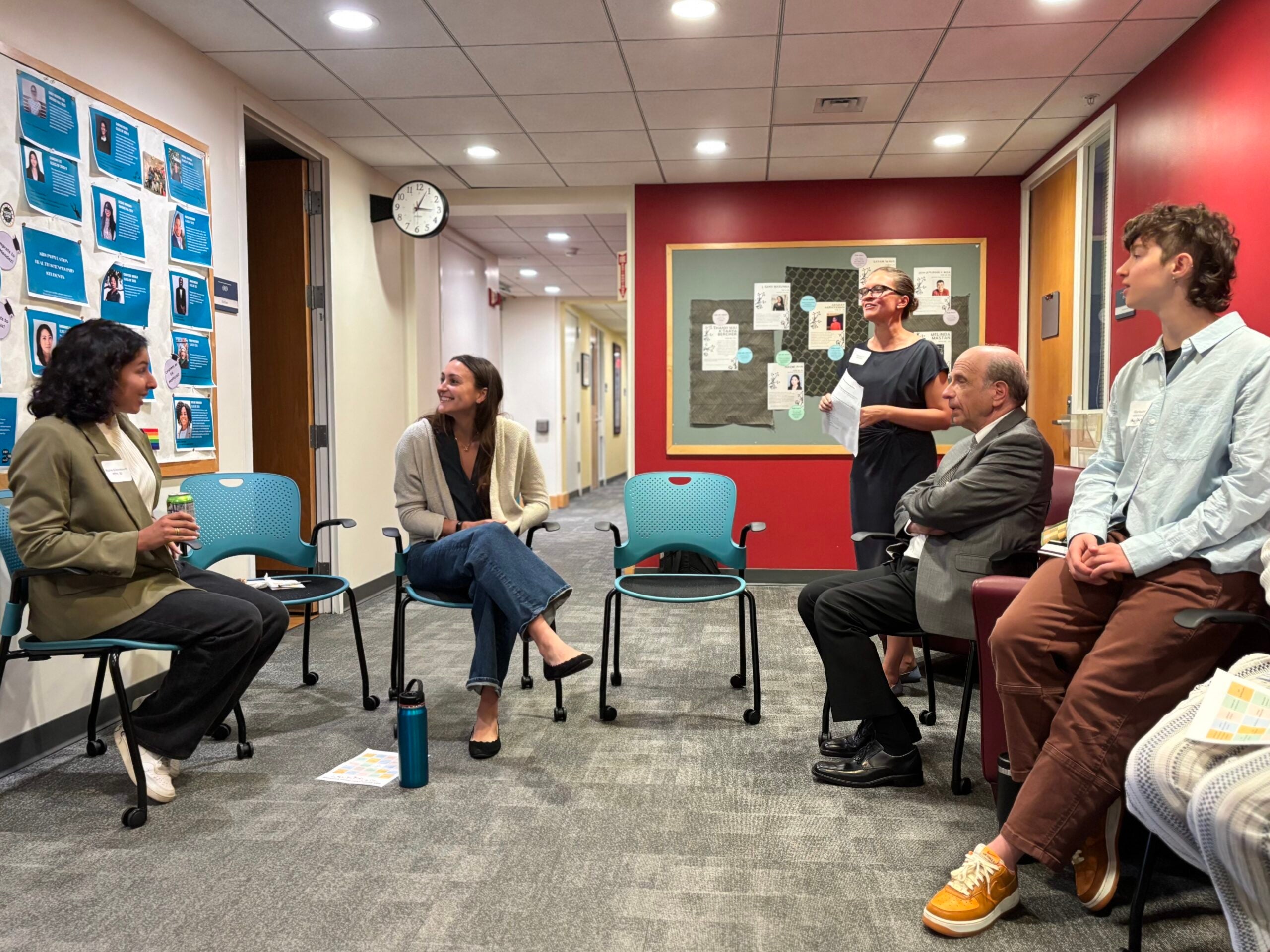
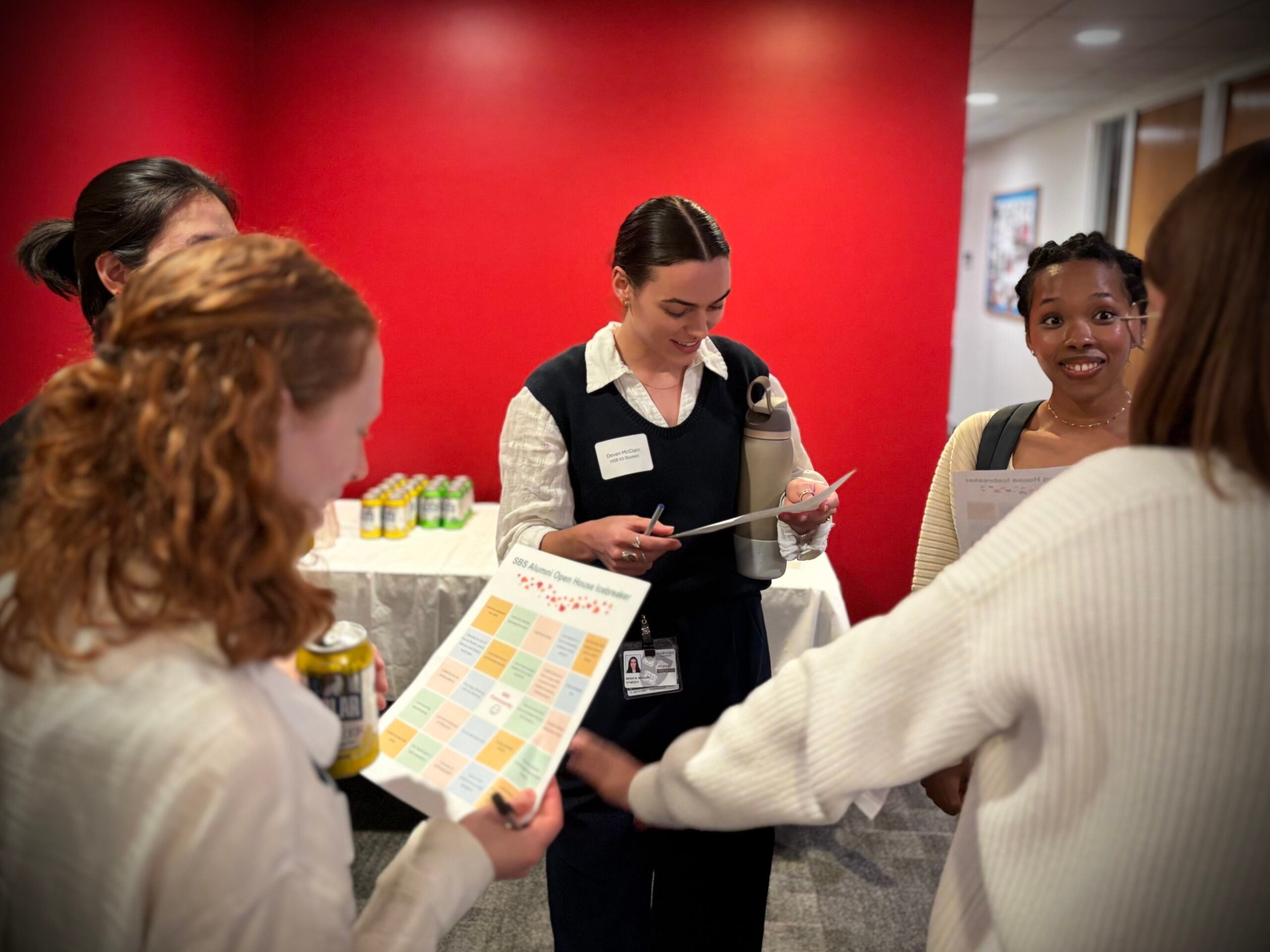
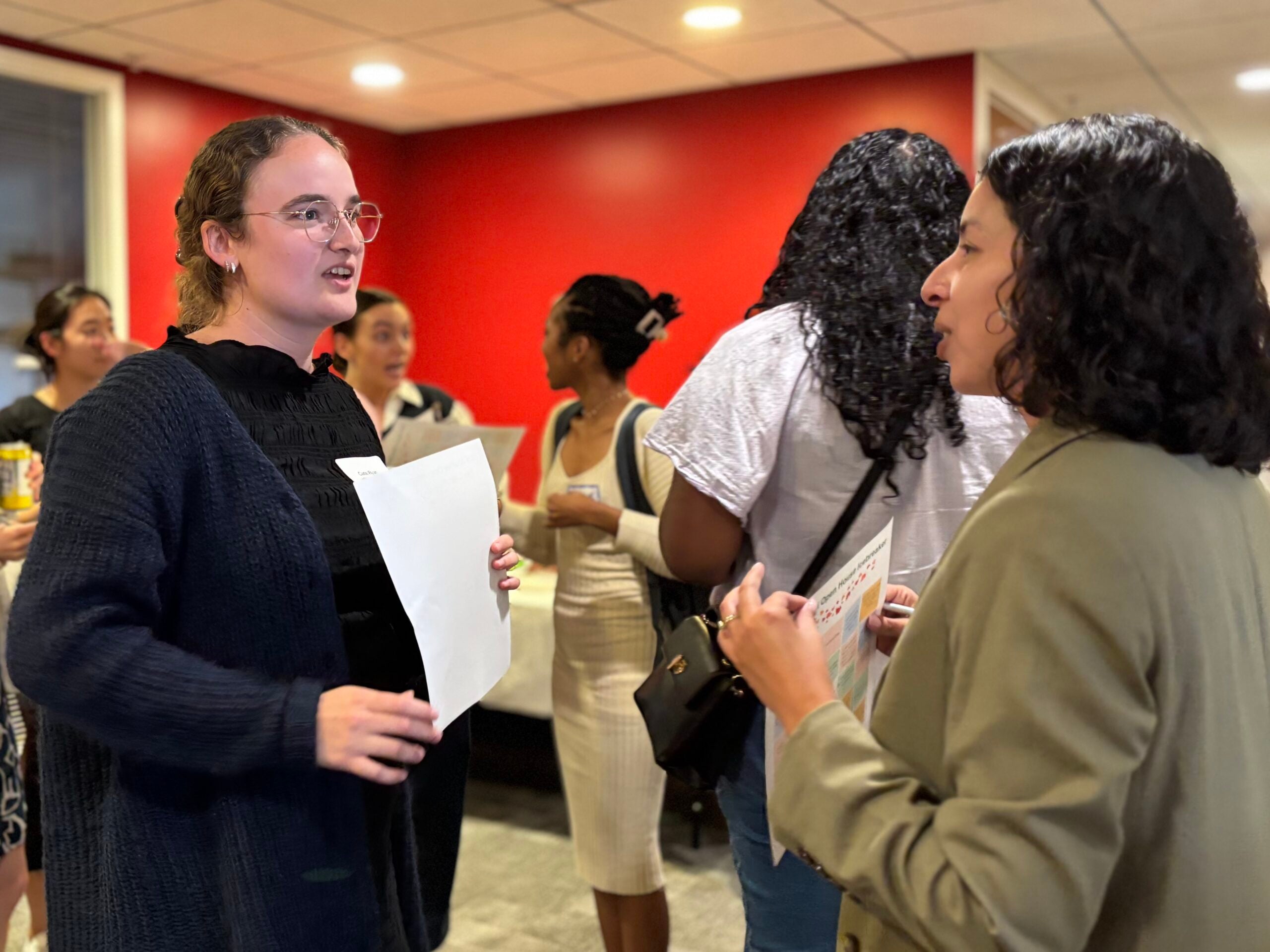
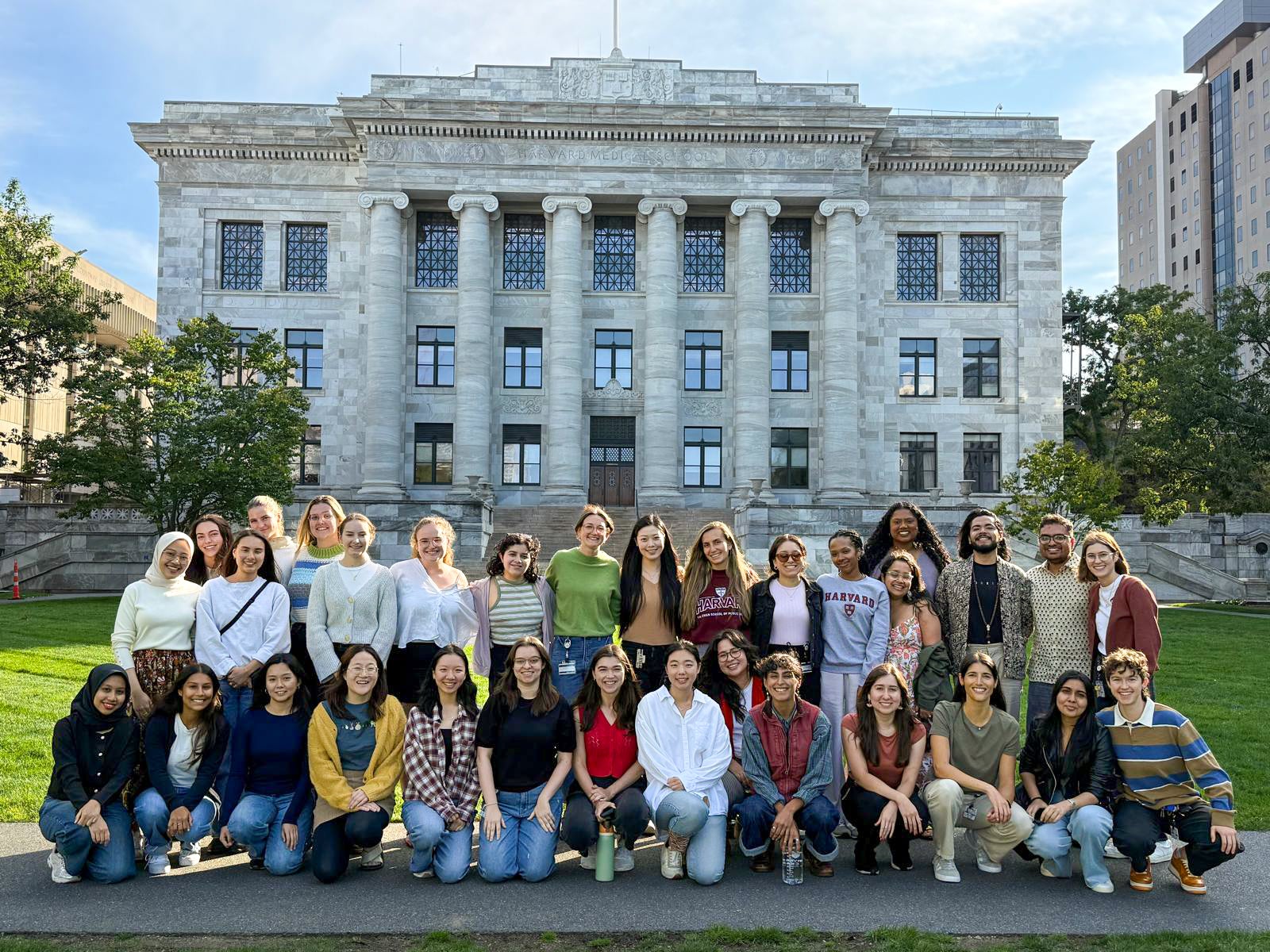
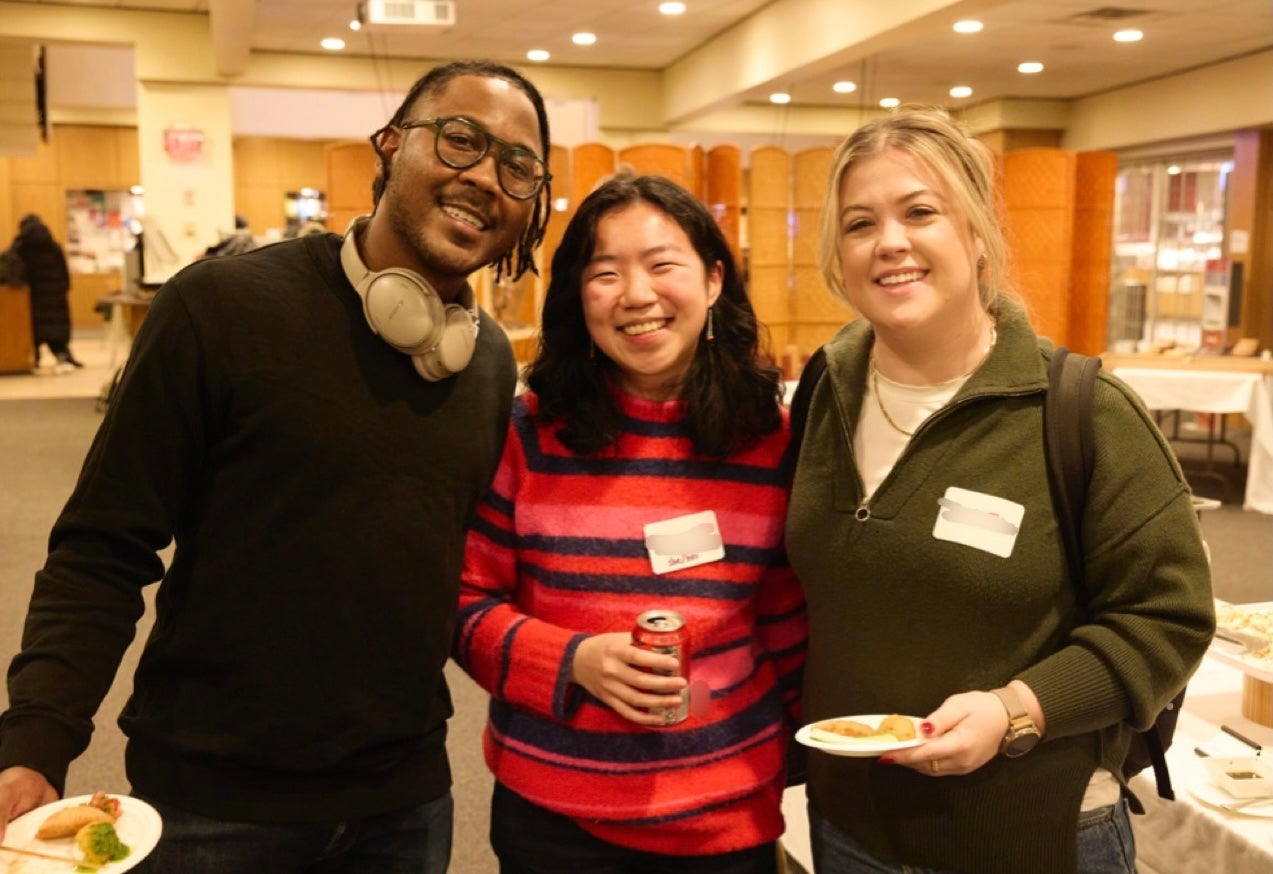
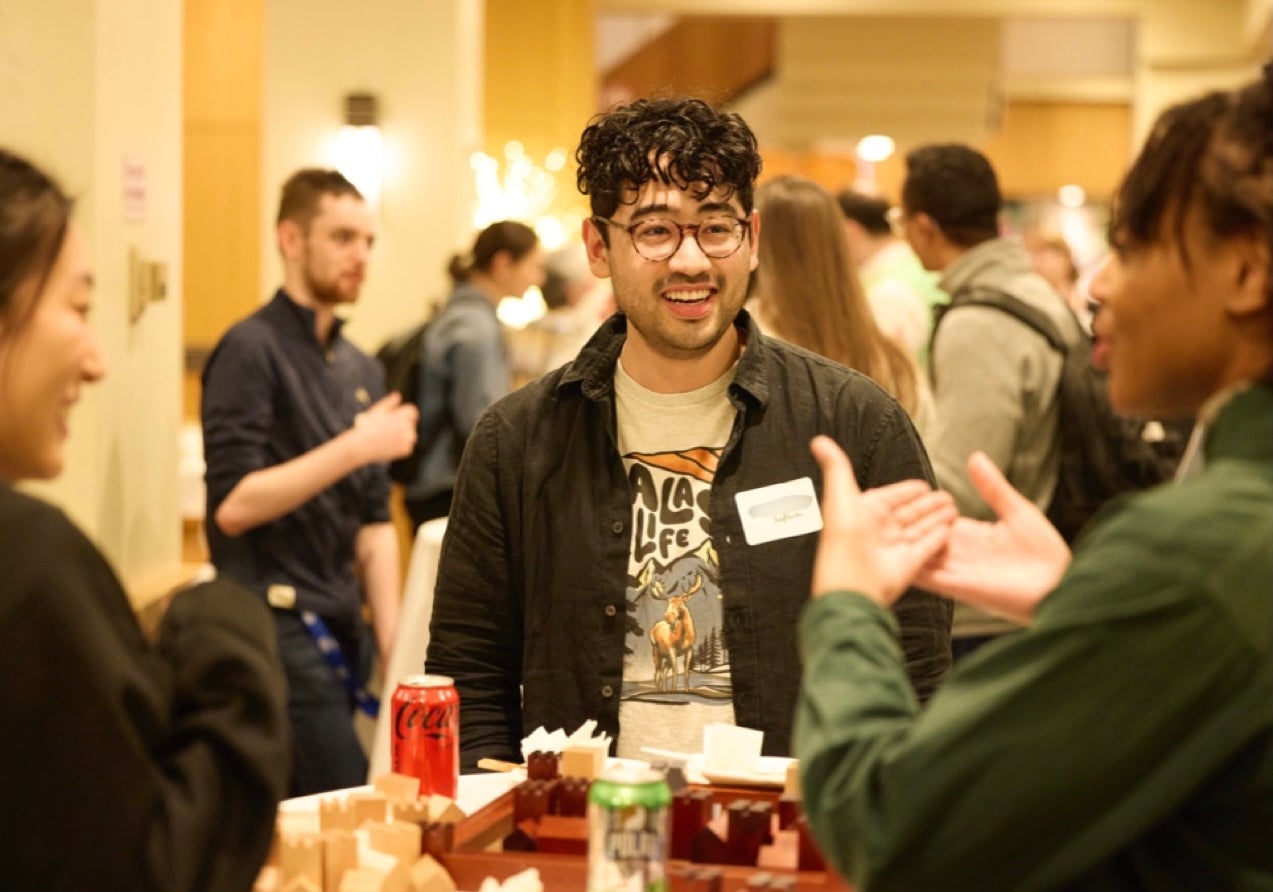
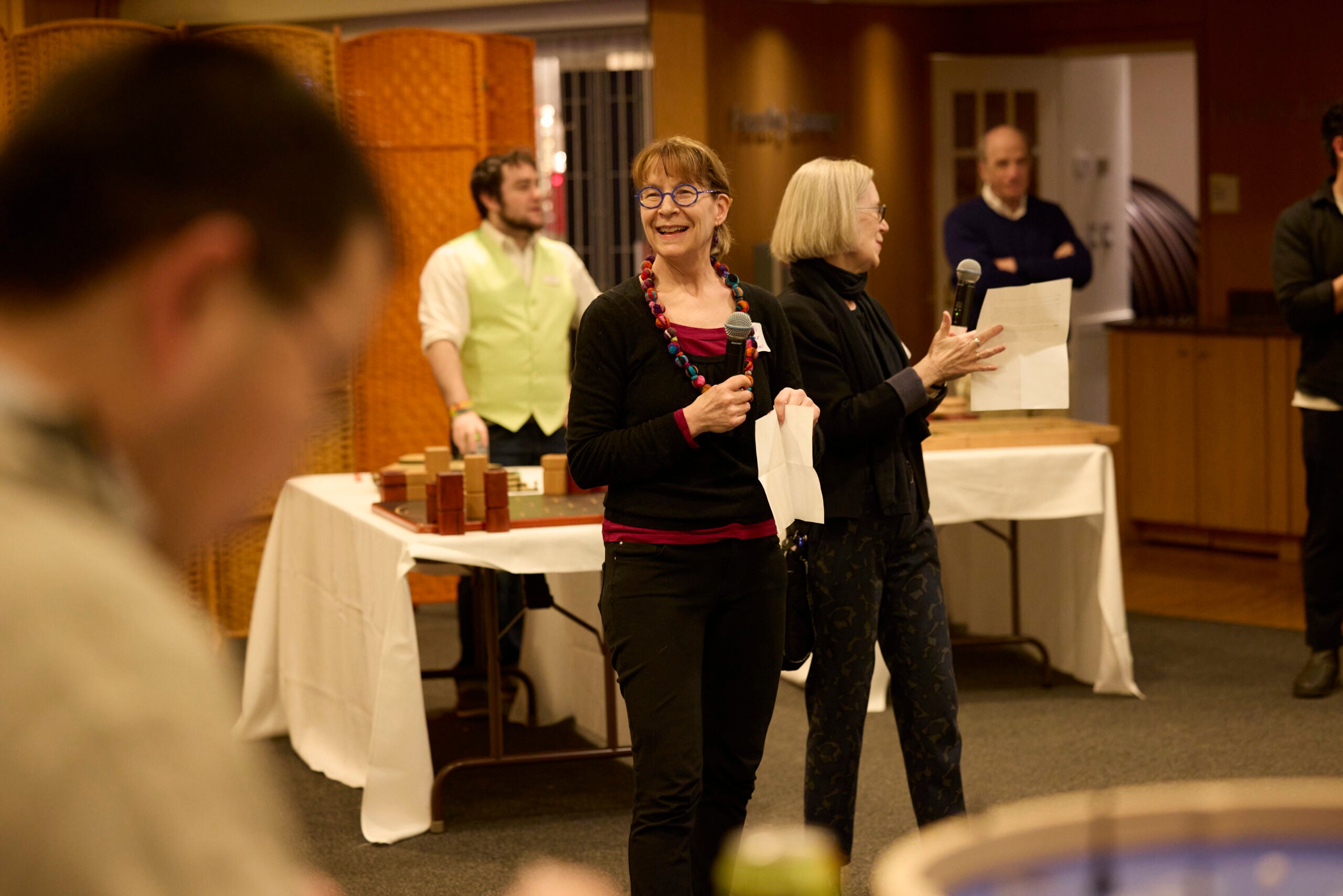

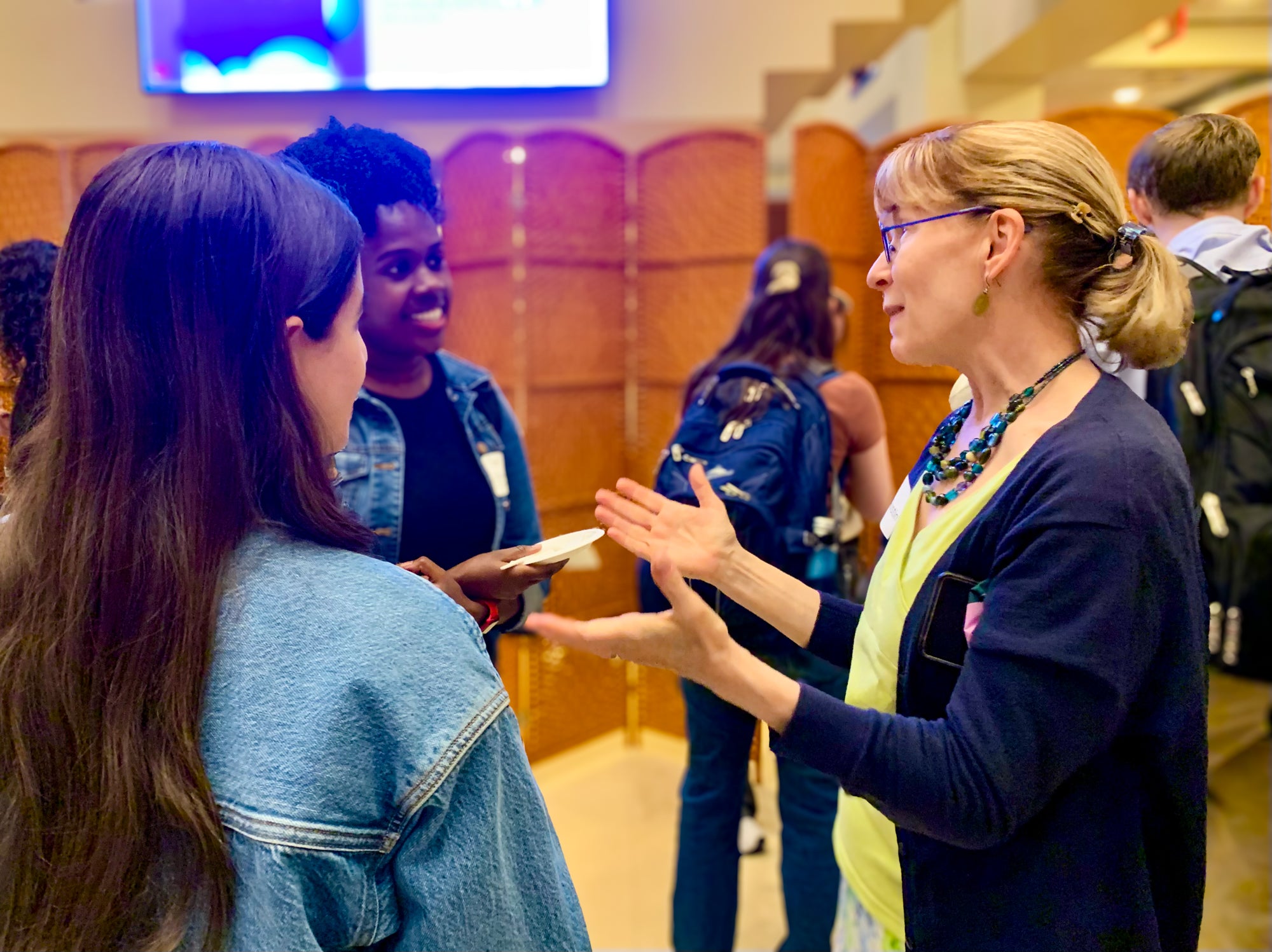

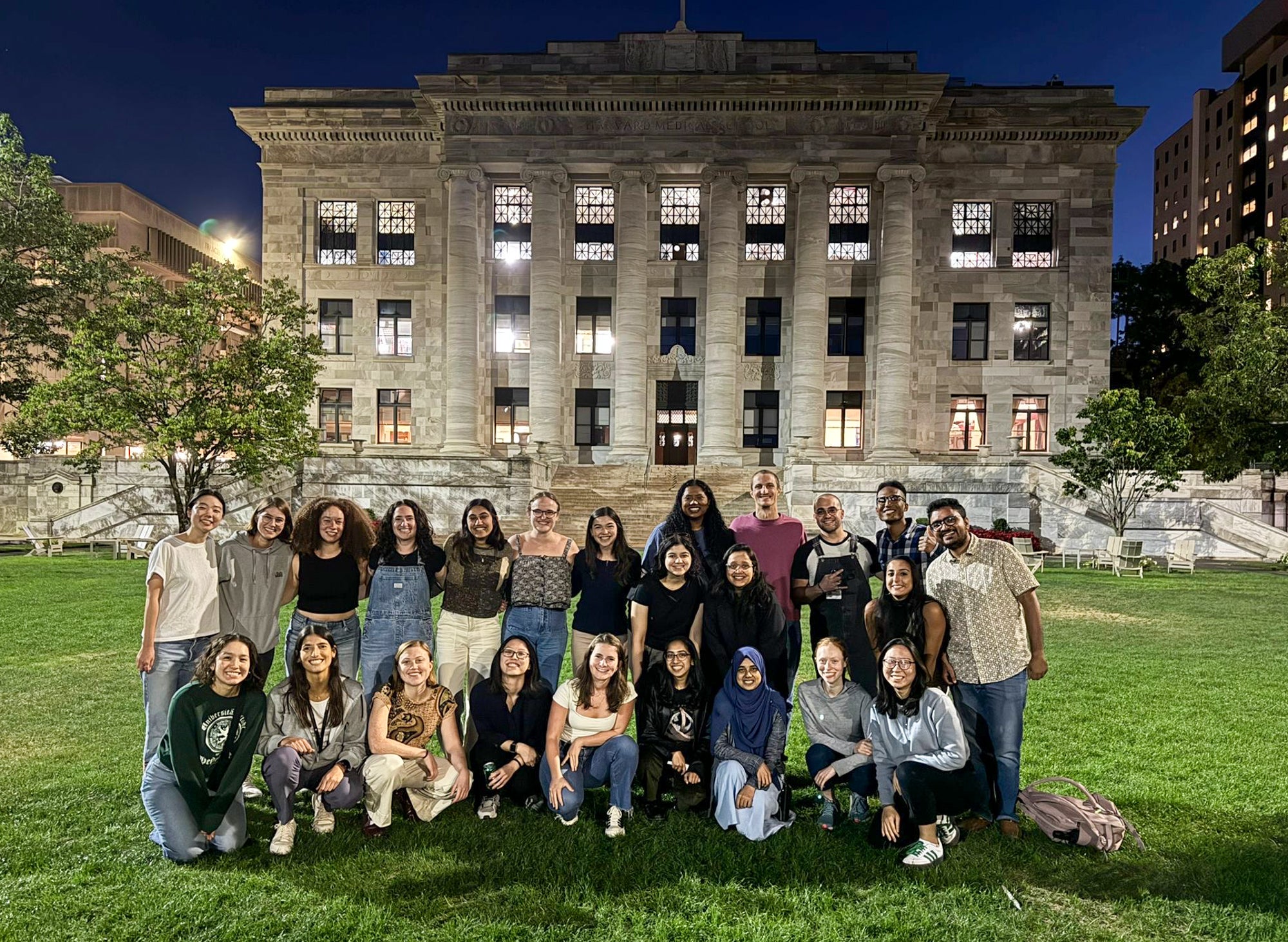
More Information
The Department of Social and Behavioral Sciences supports eight research centers, each led by a primary faculty member.
The Center for Health Communication equips public health leaders to credibly communicate health information to an increasingly skeptical and fragmented world. Their mission is to define, teach, and share best practices in health and science communication.
The Center for Global Tobacco Control aims to foster collaboration—at Harvard and globally—to address issues of tobacco use and control through innovative research, training, and translation of science into public health policies and programs.
The Harvard Center for Population and Development Studies brings together scientists from all corners of the Harvard campus—and beyond—to make exciting advances in population research.
The Implementation Science Center for Cancer Control Equity (ISCCCE) is one of seven Implementation Science Centers for Cancer Control (ISC3) funded by the National Cancer Institute Moonshot Initiative. ISCCCE aims to develop sustainable strategies for ensuring that all patients have access to evidence-based cancer prevention and control.
The India Research Center is designed to facilitate the development of new strategic relationships and build upon existing ones with organizations across India.
The mission of the Lee Kum Sheung Center for Health and Happiness is to build a rigorous and interdisciplinary science of positive health and well-being, and translate the science to influence practice and policy.
The mission of the Prevention Research Center on Nutrition and Physical Activity is to work with community partners to develop, implement, evaluate, and disseminate cost-effective strategies that will improve population nutrition and physical activity, prevent excess weight gain and chronic disease, and advance health equity.
The research conducted at the SPHERE Center helps us to understand how policies that address social and economic factors—like poverty, education, and structural racism—influence racial and socioeconomic disparities in health.
The Department of Social & Behavioral Sciences is home to two long-standing training programs. The Maternal and Child Health Center of Excellence provides training to public health students. The Educational Program in Cancer Prevention provides training to doctoral students and postdoctoral research fellows.
Our work is evolving—and so is our website.
We’re working with the Harvard Chan Office for Community and Belonging to develop strategies for fostering a culture of pluralism and belonging.
Please check back for updates.
